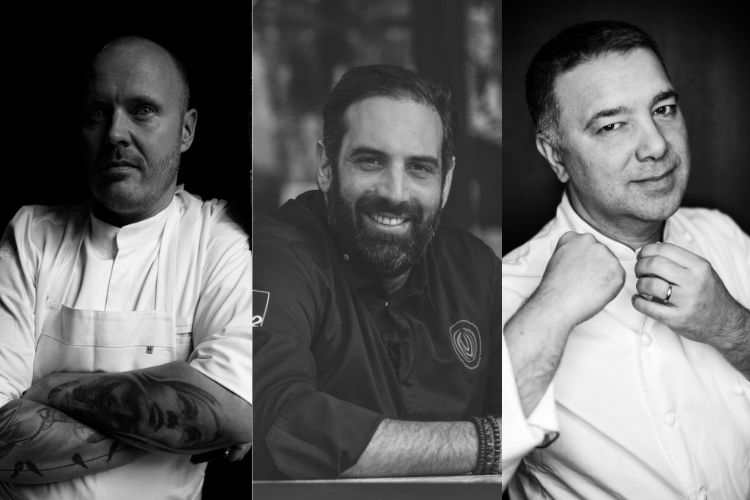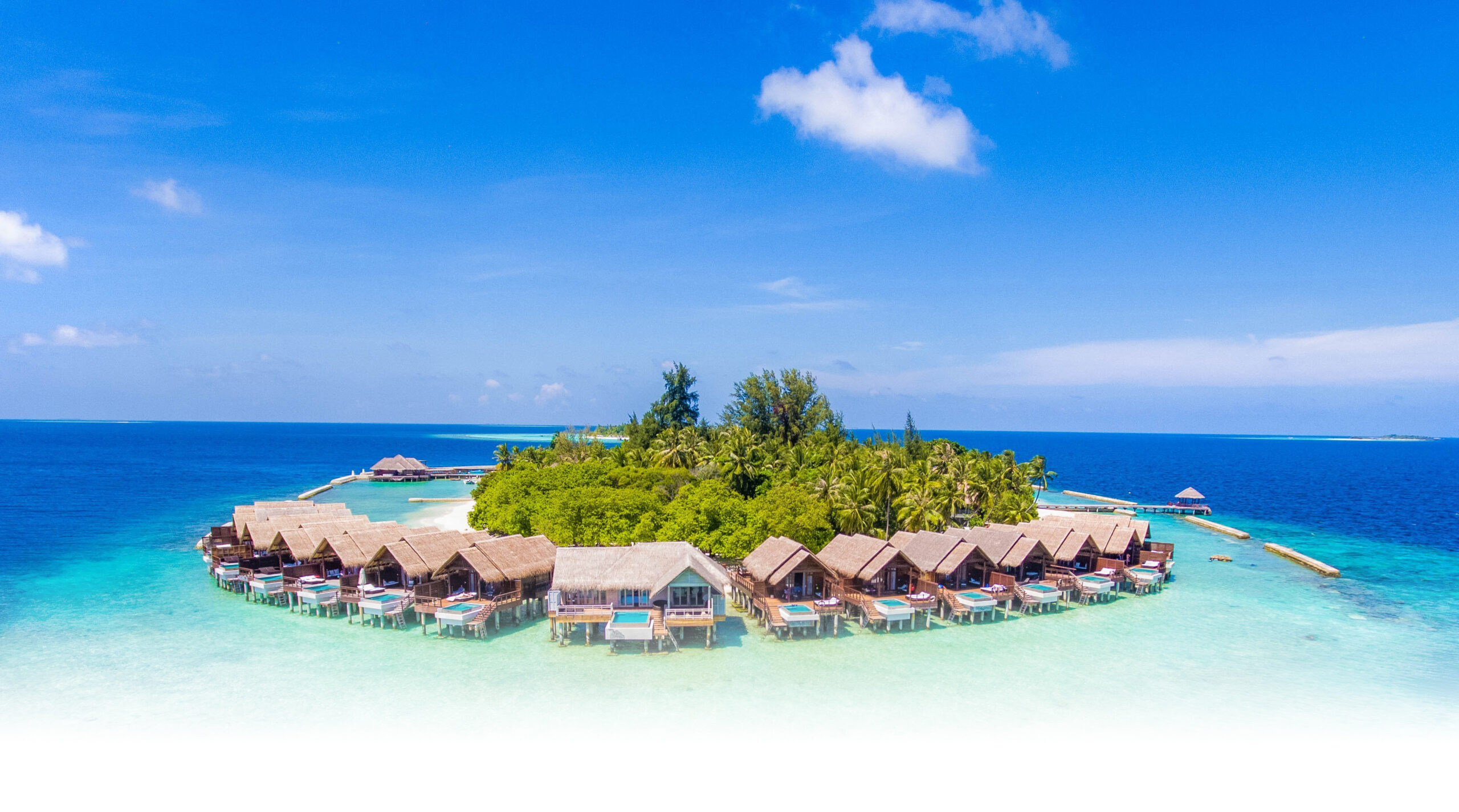Offering a tantalising tropical escape this festive season, Fairmont Maldives Sirru Fen Fushi will play host to three celebrated and Michelin-awarded chefs – Alexandre Demand, Mickael Viljanen and Alfredo Russo – each creating a bespoke degustation menu to be enjoyed exclusively by island guests throughout December and January.
Alexandre Demand
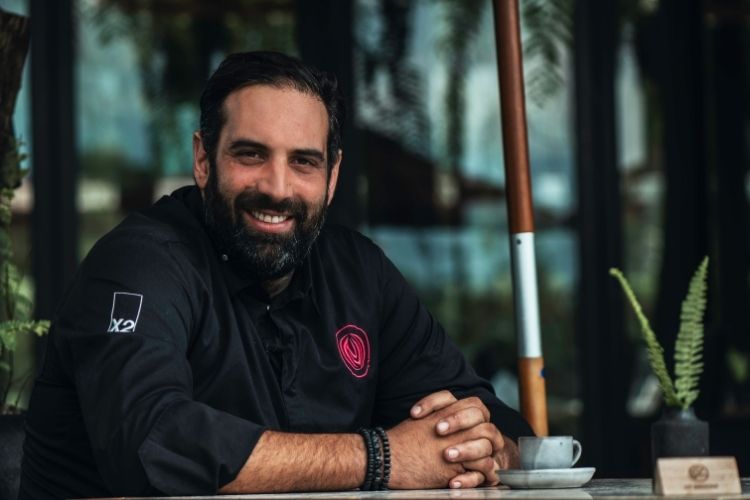
One of France’s most sought-after chefs, Alexandre Demand is best known for spearheading menus at various Michelin-starred restaurants across the country.
A graduate of the Paul Augier Hotel School in Nice, most recently Alexandre has been quietly pushing the boundaries of gastronomy at Oxygen Dining Room in the Cross Chiang Mai Riverside Hotel in Thailand.
Taking diners on a culinary journey with a twist, Demard creates a modern exploration of Thai food through a French perspective. For Demard, food is a “combination of creativity, respect for the produce, and a passion of flavours.”, a mantra that has won him numerous accolades including a Michelin Plate.
Inviting guests to savour his Thai-inspired dishes, Demard will be serving up a six-course set menu at Fairmont’s Azure over Christmas and taking over Kata for a New Year’s Eve feast.
Mickael Viljanen
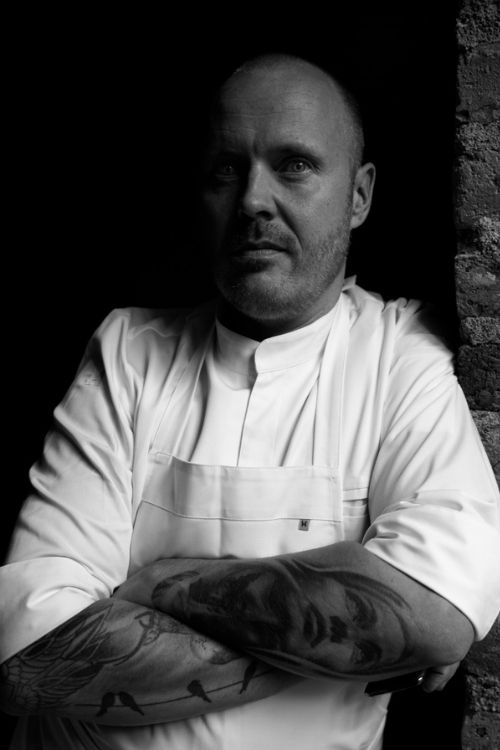
Joining Fairmont Maldives over New Year’s, Mickael Viljanen is one of only four chefs in Ireland to be awarded two Michelin stars. Celebrated for his sublime craft, technical precision, and masterful manipulation of flavours, Viljanen is the Chef-Patron of the multi-award-winning restaurant Chapter One in Dublin.
Working in kitchens since he was 14, Mickael moved to Ireland in 2000 from Finland, where he grew up via France and the United Kingdom. Viljanen’s sophisticated cooking features stimulating flavour combinations and a nod to traditional Finnish dishes, whilst placing seasonal Irish produce centre stage.
Also Read: Festive Celebrations in Maldives Resorts You Can’t Miss
Guests of Fairmont Maldives can reign in the New Year and enjoy Mickael Viljanen’s elegant and complex creations with a six-course menu paired with fine wines from around the world, set in the Azure restaurant.
Alfredo Russo
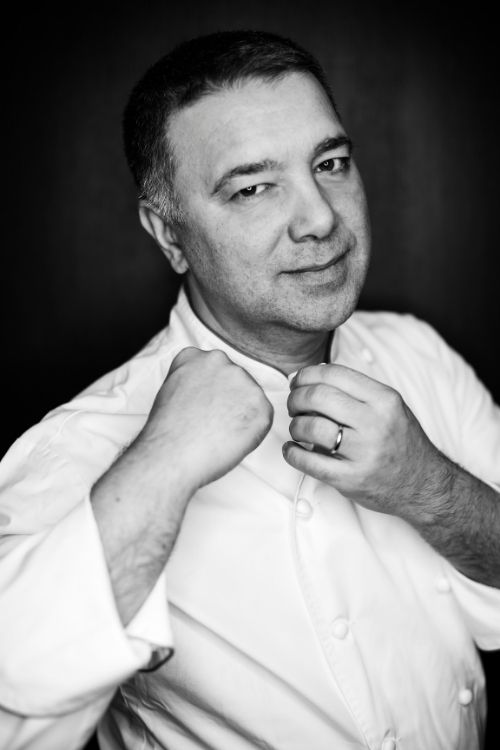
Bringing his culinary skillset to the Maldives in January, Alfredo Russo is one of Italy’s leading chefs. Utilising modern techniques, Russo’s cooking is strongly influenced by classic cuisine, local ingredients, and culinary trends, gaining him numerous accolades.
Further to opening his first restaurant Dolce Stil Novo in 1990, he was recognised as the Best Young Italian Chef by the Espresso Guide in 2004 and has since earnt a total of 27 Michelin Stars.
His acclaimed kitchen and unique style have led to collaborations with celebrated restaurants including Gran Hotel et de Milan, where he led the hotel in a new culinary direction, and the publication of several cookery books. With five restaurants in his international portfolio, Russo has gained a global reputation and his dishes are treasured by many.
Russo will take over the resort’s Azure restaurant in the New Year, creating a Michelin Star menu for guests to enjoy, alongside a selection of fine wines.
Home to three epicurean restaurants, from ocean-fresh seafood at Azure and traditional Maldivian dishes at Raha to Japanese inspired cuisine at overwater dining destination Kata, Fairmont Maldives is a culinary destination in its own right. Set in the heart of the resort, laid-back cocktail bar Onu Onu is the perfect destination to sip on colourful concoctions as the sun sets over the azure water and, for a truly intimate experience, guests can enjoy a private dinner on the beach at starlight, accompanied by a soundtrack of lapping waves.
Book your seats and dine with Michelin-starred chefs here.


